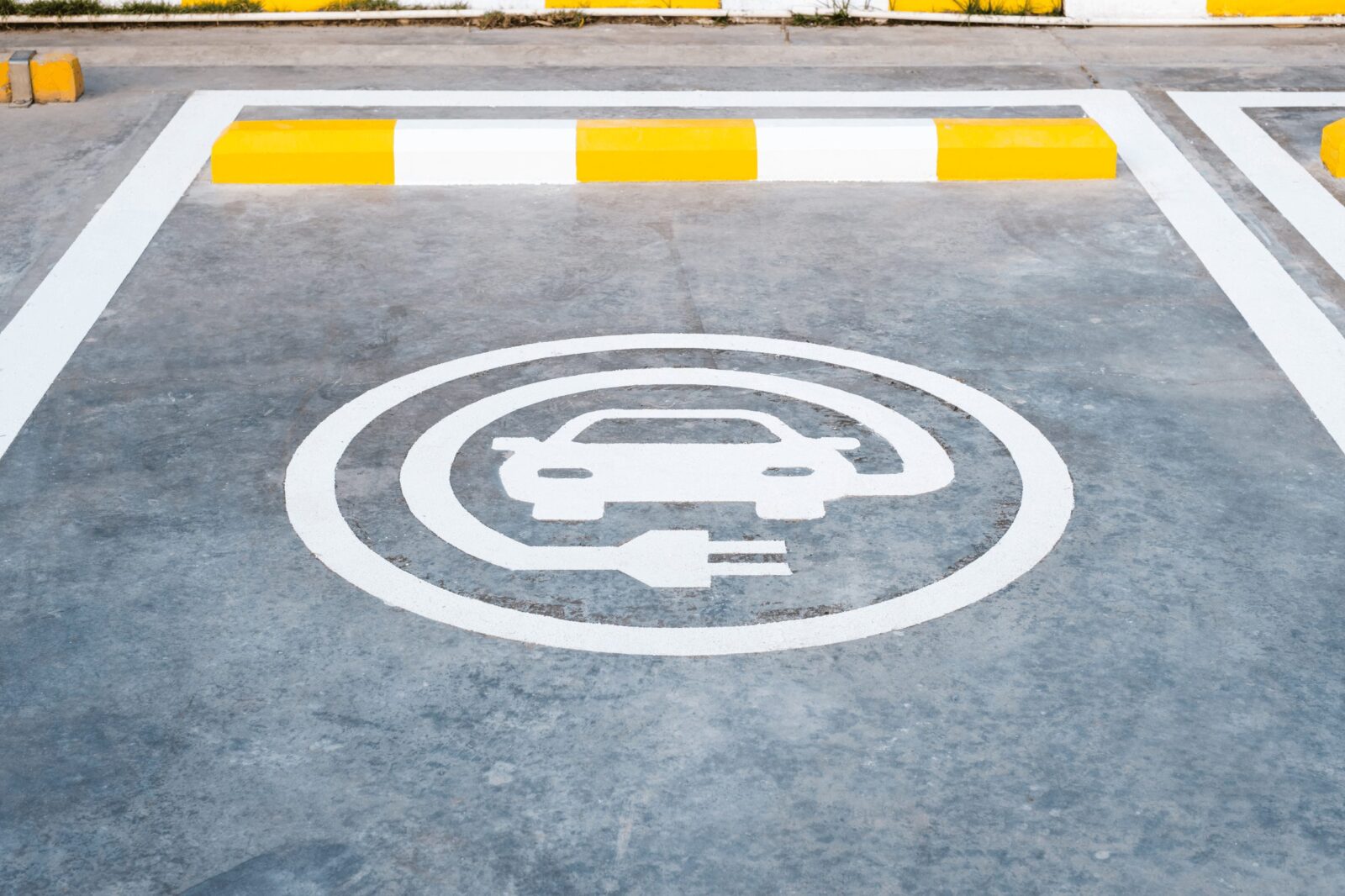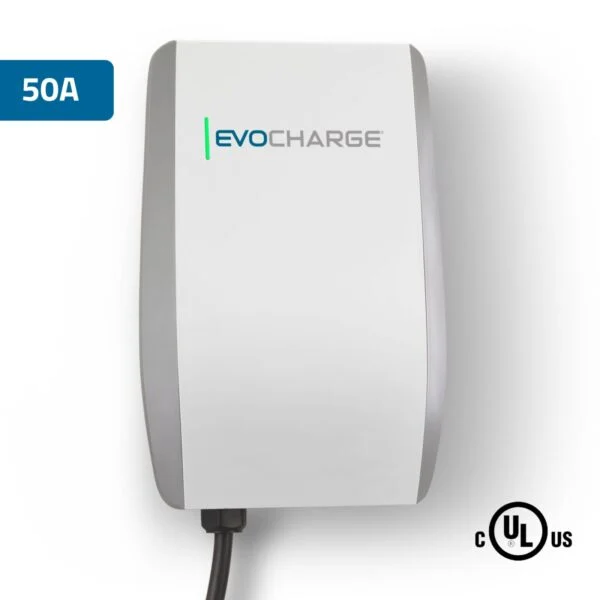For those who invest in an electric vehicle (EV), battery care is crucial to protecting your investment. As a society, in recent decades we have become reliant on battery-powered devices and machinery. From smartphones and earbuds to laptops and now EVs, they have become an increasingly important part of our lives. However, it’s vital to put extra attention and care into thinking about EV battery usage, since EVs are a much larger financial investment and are meant to last a lot longer than smartphones or laptops.
Though it’s true EV batteries are virtually maintenance-free for users, since EV owners are unable to directly access their battery under the hood, there are tips to follow that can keep the battery in good condition for longer.
EV Battery Charging Best Practices
It’s recommended that, over time, charging an EV battery as little as possible will keep it running stronger for longer. Further, using the EV battery care tips below will also help keep your battery functioning at a high level.
Be Mindful of Charging Speed
EV battery charging best practices indicate Level 3 chargers, which are commercial systems that provide the fastest-available charging speed, should not be relied upon because the high currents they generate result in high temperatures that strain EV batteries. Level 1 chargers, meanwhile, are slow and insufficient for many drivers who rely on their EV to get them around town. Level 2 chargers are better for EV batteries than Level 3 chargers and they charge up to 8x faster than Level 1 systems.
Use the Same Approach with the Discharge
While you need to be patient with EV charging, relying on a Level 2 charger instead of a Level 3 one, you should also be methodic with discharging. If you want to avoid unnecessary battery degradation, you shouldn’t be showing off or blazing down the interstate.
One way to help extend a charge is to try and coast more and brake less. This practice is the same as what’s popular with hybrid vehicles, as you will use less energy which will make your battery last longer. What’s great about this method is it will also help your brakes last longer, saving you money.
High- and Low-Temperature Weather Affects EV Battery Care
Whether your EV is parked outside your workplace or at home, try to minimize how long your vehicle is exposed to very high or low-temperature weather. For example, if it’s a 95℉ summer day and you do not have access to a garage or covered parking stall, try to park in a shaded spot or plug into a Level 2 charging station so that your vehicle’s thermal management system can help protect your battery from the heat. On the flip side, it’s 12℉ on a winter day, try and park in direct sunlight or plug in your EV.
Following this EV battery charging best practice doesn’t mean you cannot store or operate your vehicle in very hot or cold places, however, if this is done repeatedly over an extended period, your battery will degrade more quickly. Battery quality is improving over time, thanks to advances in research and development, but battery cells do burn out which means as your battery degrades your driving range becomes reduced. A good rule of thumb for EV battery care is to try and keep your vehicle stored in mild weather conditions.
Watch Battery Usage — Avoid a Dead or Fully Charged Battery
Whether you are an active driver or you go extended periods without charging because you barely drive your EV, try to avoid letting your battery drop to a 0% charge. Battery management systems within the vehicle will typically turn off before reaching 0% so it’s important to not cross that threshold.
You should also avoid topping off your vehicle to 100% unless you anticipate needing a full charge that day. This is because EV batteries become more taxed when they are near or at a full charge. With many EV batteries, it is recommended to not charge above 80%. With a lot of newer EV models, this is easy to address since you can set a charging maximum to help protect your battery’s lifespan.
EvoCharge Level 2 Home Chargers
While most of the EV battery charging best practice tips provided are reliant on EV owners and drivers to follow, EvoCharge can help with providing Level 2 chargers. We offer the Home 50 charger, which is a Level 2 charging systems, blending fast charging speeds without degrading your battery quicker, and is simple to install for use at home. The Home 50 is a NEMA 4-rated for indoor or outdoor use, meaning they work safely in temperatures ranging from -22℉ to 122℉. View our FAQ or contact us for additional information.

